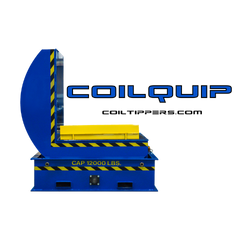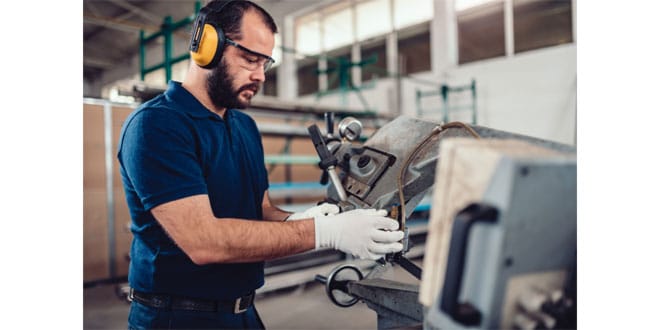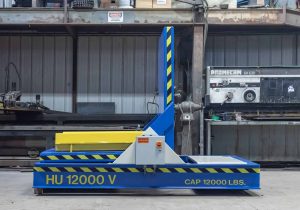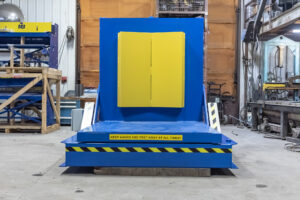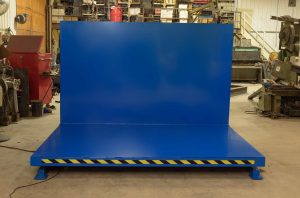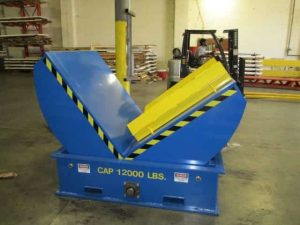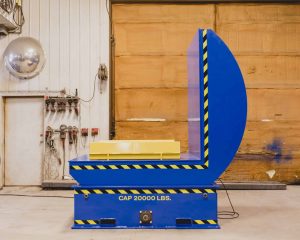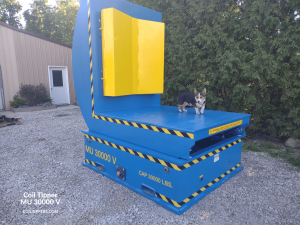In today’s rapidly evolving industrial landscape, a myriad of industries and professions rely on specialised tools and equipment to drive productivity, precision, and innovation. From construction and manufacturing to healthcare and technology, the machinery and instruments that power these sectors are a testament to human ingenuity and the relentless pursuit of progress.
In this article, explore the essential tools and equipment that form the backbone of various industries, shedding light on the diverse array of applications and the pivotal role they play in shaping our modern world.
Why are quality tools a good investment for industrial professionals?
The importance of quality tools in the realm of industrial applications cannot be overstated, as their performance and durability have a direct impact on overall productivity, efficiency, and safety at work. Investing in high-quality equipment ensures that professionals can execute their tasks with precision, minimise errors, and reduce costly downtime due to equipment failure or maintenance.
Moreover, well-crafted tools are built to withstand the rigours of continuous use in demanding environments, ensuring long-lasting reliability and a more sustainable approach to resource management.
● Safety equipment
Safety is paramount in any industrial setting, and making the use of essential safety tools and equipment is crucial for protecting professionals from potential hazards and ensuring a secure working environment. Among the key protective gear are pieces of equipment like safety goggles, which shield the eyes from flying debris, harmful particles, and chemical splashes, preserving one of our most vital senses.
Hard hats play an indispensable role in safeguarding the head from falling objects and impact injuries, while Personal Protective Equipment (PPE), including gloves, respirators, and protective clothing, shields workers from chemical exposure, extreme temperatures, and other dangerous conditions. Additional items, such as earplugs or earmuffs, protect against hearing damage in noisy environments, and safety boots provide slip resistance and foot protection. These essential safety tools not only demonstrate an organisation’s commitment to employee well-being but also contribute to a culture of responsibility and awareness, ultimately fostering a more efficient and productive workforce.
● Machinery
Machinery is another essential piece that plays a huge role in the industrial sector, serving as the driving force behind countless manufacturing processes, fabrication tasks, and large-scale operations. Among the most essential machines are bandsaw machines, which offer unparalleled versatility and precision in cutting various materials, including wood, metal, and plastic. Their ability to execute intricate cuts and handle substantial workpieces makes them indispensable in industries such as woodworking, metalworking, and construction.
In particular, bandsaw blades come in various types, each designed for specific applications, materials, and cutting requirements. For instance, carbon steel blades are suitable for cutting softer materials, while bi-metal blades, with their high-speed steel teeth, can withstand cutting harder materials and offer a longer lifespan. Carbide-tipped blades excel in cutting abrasive materials and provide superior wear resistance, making them ideal for high-production environments.
Milling machines, another integral piece of machinery, enable professionals to shape and size materials with high precision. By removing material from a workpiece using rotating cutting tools, mills provide an efficient method for creating complex components, from automotive parts to aerospace components. Their versatility and accuracy contribute significantly to the success of manufacturing operations worldwide.
Lathes, widely regarded as one of the oldest and most essential machines, are used for shaping materials by rotating the workpiece against a cutting tool. Their ability to produce cylindrical and symmetrical parts makes them invaluable in industries such as metalworking, automotive, and aerospace, where precision is of utmost importance.
Presses, available in various configurations and capacities, are indispensable for forming and shaping materials under high pressure. From hydraulic and mechanical to pneumatic presses, these powerful machines find applications in metal forming, automotive manufacturing, and even the production of consumer goods. Presses are essential for efficiently and reliably producing large volumes of components that meet stringent quality standards.
The significance of these essential machines cannot be overstated, as they form the backbone of countless industrial processes and enable professionals to achieve unparalleled levels of productivity, precision, and innovation. By investing in high-quality machinery, industries can ensure that they remain at the forefront of their respective fields, driving growth and fostering a culture of continuous improvement.
● Power tools
Power tools form the backbone of industrial operations, enabling professionals to work efficiently and effectively across a range of tasks. Drills, for instance, are invaluable for creating holes and fastening materials together, streamlining construction and assembly processes across various industries. Grinders offer the ability to cut, grind, and shape materials with precision, making them indispensable for metalworking and fabrication tasks. Sanders, on the other hand, are critical for achieving smooth finishes on surfaces, from woodworking projects to automotive body repairs.
Other vital power tools, such as circular saws, impact wrenches, and air compressors, facilitate a multitude of applications, from cutting and shaping materials to driving fasteners and powering pneumatic tools. These essential power tools not only enhance productivity and accuracy but also empower industrial professionals to tackle complex projects with confidence and skill, fostering innovation and growth across diverse sectors.
● Hand Tools
Hand tools remain an integral part of the industrial professional’s arsenal, providing versatility, precision, and control for a wide array of tasks. Wrenches, for example, are essential for tightening and loosening nuts and bolts, ensuring secure connections and proper assembly in various applications, from automotive repairs to heavy machinery maintenance. Hammers serve as a fundamental tool for driving nails, breaking materials, or fitting components together, making them indispensable across numerous industries. Pliers play a crucial role in gripping, bending, and cutting wires or other materials, while screwdrivers facilitate the fastening and removal of screws, allowing for the efficient assembly and disassembly of components.
These essential hand tools not only offer precision and control but also represent the foundation of countless industrial processes. By equipping professionals with the proper hand tools, industries can ensure smooth operations, streamlined maintenance, and a heightened capacity for tackling diverse challenges with dexterity and skill.
